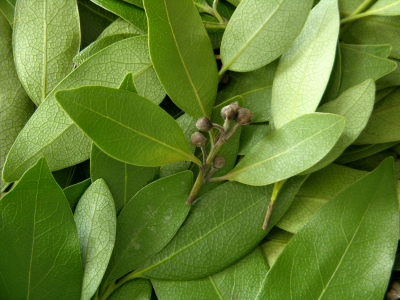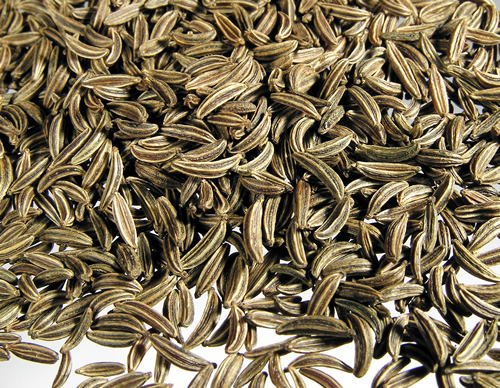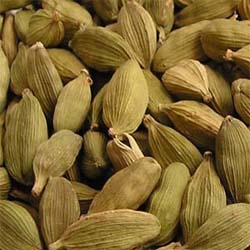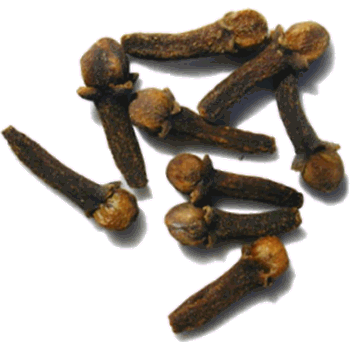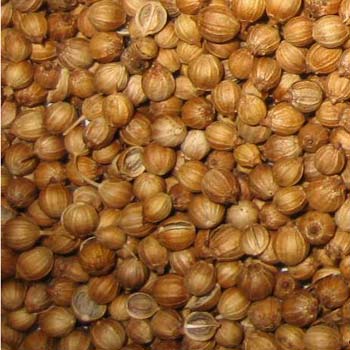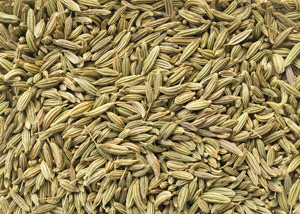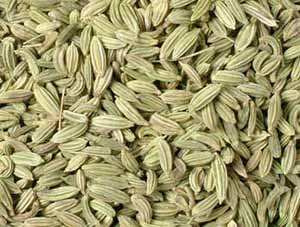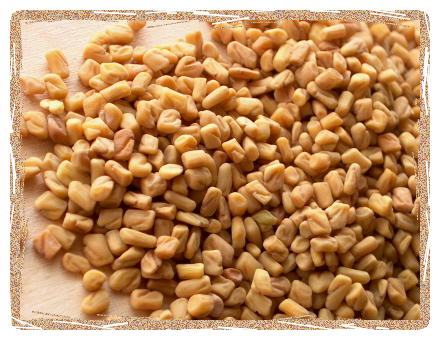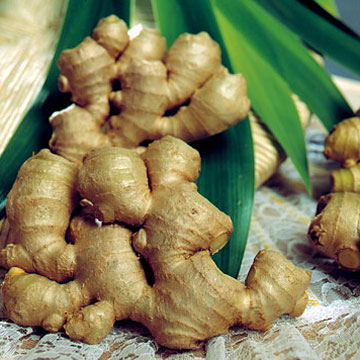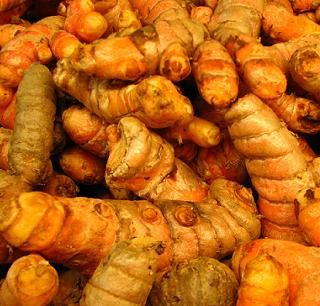The Spices of Life in Indian Cooking
Find below a short abstract from multiple sources describing the proven health benefits of Indian spices.
Together, spices create the flavor harmony and texture contrasts that define traditional Indian curries. Best of all, some of them have been linked to health benefits. Researchers have suggested that turmeric could play a role in slowing down the progression of Alzheimer’s disease, while cumin has been praised not only as an iron source, but also for its potential, like mustard seeds, to prevent cancer and aid in digestion. Coriander has been used in India for its anti-inflammatory properties and studied in the United States for its possible connection to cholesterol reduction; the spice already is considered a good source of dietary fiber, iron, and magnesium. And chili has been associated with everything from pain relief, reduced congestion, and stomach ulcer prevention to weight loss and increased cardiovascular health. Read the full article in Health Magazine or www.health.com
Health Magazine, “Immunity Boosters: 5 Indian Spices With Curative Properties” http://www.health.com/health/article/0,,20410258,00.html
|
India has a long culinary tradition of creating complex and flavorful dishes that are better known for their rich taste rather than their health benefits. Yet, it’s this liberal use of herbs and spices that makes this style of cooking highly nutritious.
The following is a list of commonly used Indian spices and some of their health benefits: Bay Leaf: Bay leaves contain compounds called parthenolides which have been helpful for the treatment of migraines, which could explain its traditional use as a natural headache remedy. They also contain eugenol, a compound with anti-inflammatory and anti-oxidant properties, explaining their long-use in herbal cold remedies. Caraway Seed: Another spice considered to have antibacterial and anti-inflammatory effects, caraway has been used for cold relief, toothaches, and to boost immune function. It also aids digestion, settling the stomach, and relieves bloating. Cardamom: This versatile spice is included in a wide range of dishes, from Indian curries to desserts and teas. It’s believed to counteract stomach acidity, stimulate appetite, ease nausea, cure bad breath, and relieve gas and bloating. Referred to as the “Queen of All Spices” it contains potent antioxidants and is often included in liver detox. Cardamom has also been used as both an aphrodisiac and to fight obesity. Yet more study needs to be done on how well it may aid weight loss. Cinnamon: This spice is a rich source of antioxidants, has anti-inflammatory properties, eases digestion,and may even reduce blood sugar and cholesterol levels. It also helps stimulate blood flow and is a herbal remedy for poor circulation. Cinnamon is also considered helpful for weight loss, but more research is still needed. Cloves: The active compounds in clove lend it anti-bacterial and anti-fungal properties. It is also has anti-inflammatory effects and has been studied for use in aiding detoxification from environmental pollutants. Coriander: The seeds of the cilantro plant, coriander contains antioxidants that help keep animal fats from becoming rancid, and other compounds with antibacterial qualities. It also help soothe the stomach and relieve bloating. It also has anti-inflammatory properties and coriander oil is a natural remedy for arthritis relief. Cumin: As a traditional herbal remedy its uses include: diuretic (helps the body shed water), relieve diarrhea and bowel spasms, relieve morning sickness, and ease carpal tunnel syndrome. Fennel Seed: Not only loaded with powerful antioxidants fennel also contains fiber, folate, potassium, and vitamin C. It is believed to boost the immune system, reduce blood pressure, and aid in detoxification of the body. It contains compounds that help relieve smooth muscle spasms, which in effect, helps ease abdominal cramping and spasms. Fennel is also a mild appetite suppressant. Fenugreek: Like many of the other herbs and spices used in Indian cooking, the ground seeds of fenugreek have anti-inflammatory properties and aid digestion. Fenugreekine, a chemical found in these seeds, are also believed to reduce blood sugar levels and have been used as natural supplement for use with insulin. Fenugreek is also a potent expectorant, and is used for natural remedies to ease congestion, allergies, and bronchitis. Ginger: Ginger is packed with many active compounds, including gingerols, zingibain, bisabolenel, oleoresins, zingiberole, just to list a few. It’s many proven uses: naturally treat nausea from morning sickness, treat nausea related to motion sickness (found to be more effective than Dramamine, without the side-effects), anti-inflammatory properties help ease muscle and joint pain. It also has a diaphoretic property (causes sweating) and so is used to cleanse and detoxify the body, stimulate circulation, and ease bronchitis and congestion. Turmeric: Often called the “King of Spices” turmeric is an essential ingredient to the mix of spices known by most of us as curry. Its primary antioxidant, curcumin, is an essential ingredient for liver detox, and is also a natural arthritis treatment for its anti-inflammatory effects. The latest scientific studies are showing that turmeric may also be a promising diet aid that fights belly fat by inhibiting the growth of fat cells. http://www.dietivity.com/the-numerous-benefits-of-indian-herbs-and-spices/ |
Another well researched article titled “Spices: A Wealth of Health Benefits that Make Food Taste Great” by: Barbara L. Minton, uses very reputable sources like British Journal of Nutrition & Journal of Medicine and Food to describe the super powers of Spices.
Read the full article at http://www.naturalnews.com/024584.html
Read the full article at http://www.naturalnews.com/024584.html
Spiceland Indian Groceries l 127 Dreher Road l West Columbia, SC 29169 l Tel: (803) 796 5780 l Fax (803) 926 9846
Copyright © Spiceland Indian Groceries. All Rights Reserved.
